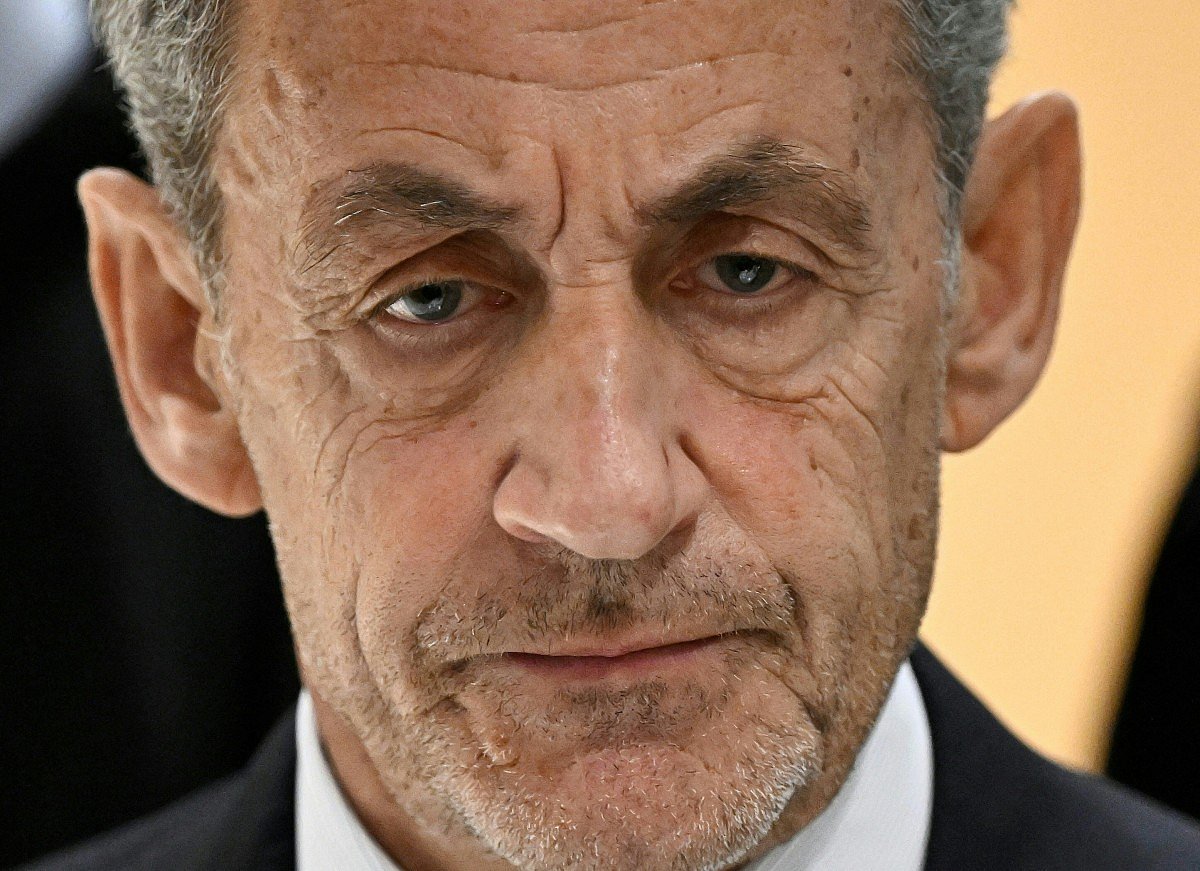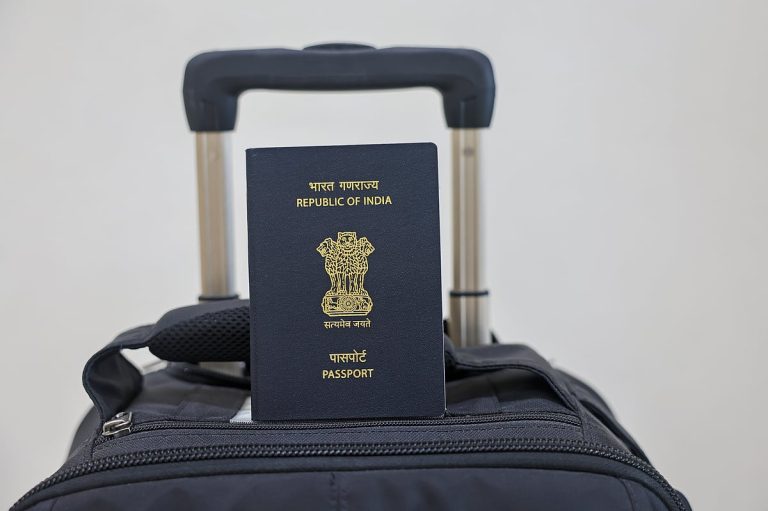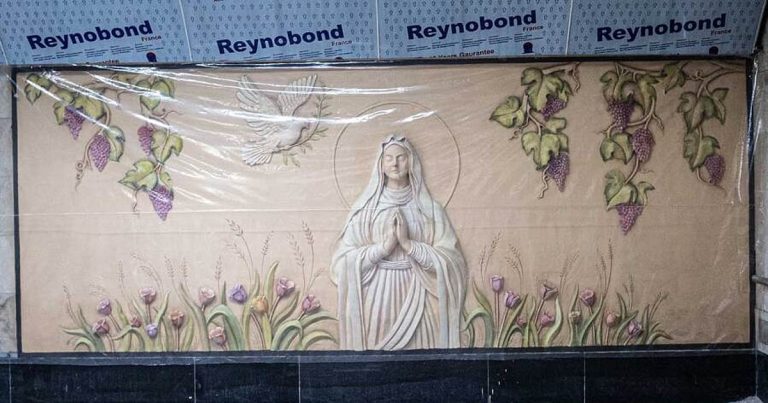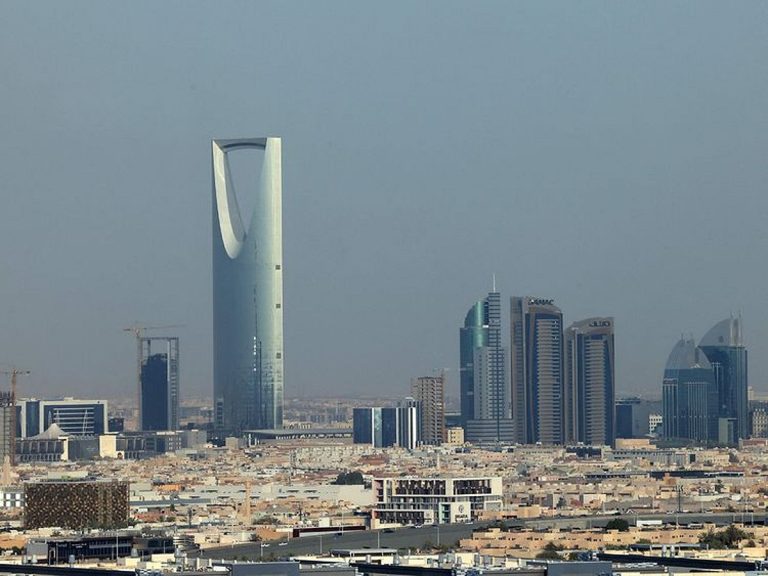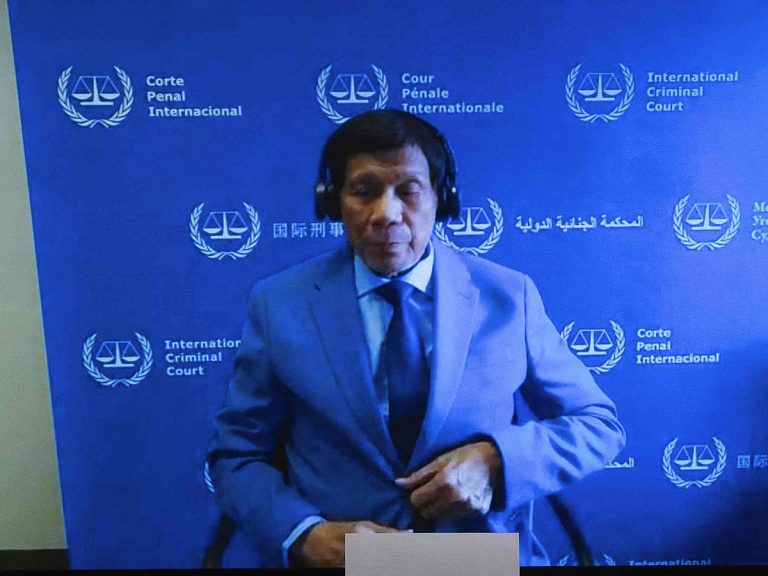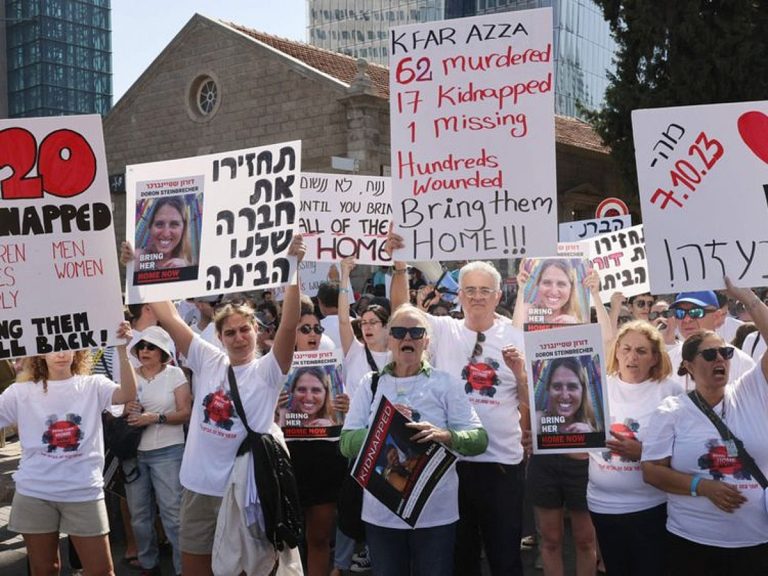Nicolas Sarkozy Starts Prison Sentence for Campaign Funding
Former French President Nicolas Sarkozy has begun serving a prison sentence related to his 2007 presidential campaign, marking a significant moment in European political history. Sarkozy, who led France from 2007 to 2012, was convicted of criminal conspiracy for allegedly receiving funds from the late Libyan leader Muammar Gadhafi to finance his electoral bid.
Details of the Conviction
In September 2023, Sarkozy was found guilty of conspiring to accept illicit funds from Gadhafi, a case that has drawn considerable media attention. The court ruled that Sarkozy’s aides negotiated a deal with Gadhafi in 2005, which involved financial support for his campaign in exchange for assistance in rehabilitating Libya’s international image. Despite the serious nature of the charges, Sarkozy was acquitted of other allegations, including embezzlement and passive corruption.
Imprisonment Conditions
Sarkozy is currently incarcerated at La Santé prison in Paris, where he is expected to be placed in solitary confinement. This arrangement is intended to minimize his interactions with other inmates and prevent any potential media exposure. Prison officials have indicated that he will occupy a small cell, with limited outdoor time for solitary exercise.
Legal Proceedings and Appeals
Following his conviction, Sarkozy expressed his intention to appeal the verdict, labeling it an “injustice.” The presiding judge, Nathalie Gavarino, emphasized the severity of the offenses, which led to the decision to imprison him even during the appeal process. Sarkozy’s legal team is anticipated to request his immediate release upon his arrival at the prison, arguing that there are no grounds for continued detention.
Public Reaction
The public response to Sarkozy’s sentencing has been mixed. A recent survey indicated that approximately 60% of French citizens view the prison sentence as justified. Despite his legal troubles, Sarkozy retains a degree of support within certain political circles, particularly among right-wing constituents. His son, Louis Sarkozy, has publicly called for supporters to rally outside their family home in solidarity.
Broader Implications
Sarkozy’s imprisonment marks a historic first for a former head of state in the European Union, drawing comparisons to Philippe Pétain, the leader of France’s Vichy regime during World War II. The case has also raised concerns about the safety of judicial officials, as the judge involved in Sarkozy’s trial received death threats following the verdict.
FAQs
Why was Nicolas Sarkozy sentenced to prison?
Sarkozy was sentenced for criminal conspiracy related to receiving illicit funds from Muammar Gadhafi to finance his 2007 presidential campaign.
How long will Sarkozy remain in prison?
The duration of Sarkozy’s imprisonment is uncertain, as he has filed an appeal against his conviction. The court will decide on his release or continued detention during the appeal process.
What are the conditions of Sarkozy’s imprisonment?
Sarkozy is expected to be held in solitary confinement at La Santé prison, with limited interaction with other inmates and restricted outdoor time.
Conclusion
Nicolas Sarkozy’s imprisonment represents a significant chapter in French political history, highlighting the legal consequences of corruption in high office. As he navigates the appeals process, the outcome will not only affect his future but also set a precedent for accountability among political leaders in Europe.
Sarkozy’s case has reignited discussions about political financing in France and the broader implications of corruption within political systems. The allegations of foreign influence in domestic elections raise questions about the integrity of electoral processes and the potential vulnerabilities that exist in campaign financing regulations. This situation has prompted calls for reforms to enhance transparency and accountability in political funding, as many citizens express a desire for stricter oversight to prevent similar incidents in the future.
The legal proceedings surrounding Sarkozy are part of a larger trend in Europe, where several former leaders have faced legal challenges related to corruption and misconduct. This reflects a growing willingness among judicial systems to hold high-ranking officials accountable for their actions while in office. As Sarkozy’s appeal unfolds, it will be closely monitored not only for its implications for his political legacy but also for its potential impact on public trust in political institutions across the continent.
Also Read:
Dhanwantari Vaidyasala Opens First International Centre in D

